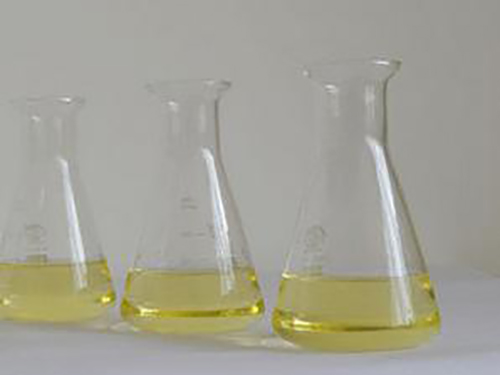pacl polyaluminum chloride
Understanding PACL Poly Aluminum Chloride in Water Treatment
Poly Aluminum Chloride (PACL) has emerged as a crucial compound in the field of water treatment, thanks to its efficient coagulation and flocculation properties. This versatile chemical is utilized in various applications, including drinking water purification, wastewater treatment, and even in the paper manufacturing industry. In this article, we will delve deeper into what PACL is, its properties, applications, and the benefits it offers in water treatment processes.
What is PACL?
PACL, or Poly Aluminum Chloride, is a polymeric form of aluminum chloride. It is a white or off-white powder or gel, soluble in water, and is typically produced by the hydrolysis of aluminum chloride. The compound consists of aluminum ions that are polymerized and complexed with hydroxide ions, resulting in a positively charged species. This unique structure is what enables PACL to effectively interact with negatively charged particles in water, leading to efficient coagulation.
Properties of PACL
The effectiveness of PACL in water treatment can be attributed to several of its key properties
1. High Charge Density PACL has a higher charge density compared to traditional coagulants like aluminum sulfate. This allows it to neutralize negatively charged particles more effectively, leading to better coagulation and flocculation.
2. Lower Aluminum Content PACL usually contains a lower amount of aluminum compared to its counterparts, which means less residual aluminum in treated water. This reduces potential health concerns associated with aluminum residues.
4. Sedimentation Rate The flocs formed using PACL are typically denser and settle faster than those formed with other coagulants, which aids in speeding up the entire treatment process.
Applications of PACL in Water Treatment
The primary application of PACL is in water treatment processes, where it serves various roles
pacl polyaluminum chloride

1. Drinking Water Treatment PACL is widely used for the purification of drinking water. It effectively removes turbidity, color, and organic matter, ensuring that the water meets safety and quality standards.
2. Municipal Wastewater Treatment In municipal wastewater treatment facilities, PACL is employed to enhance the removal of suspended solids, phosphorus, and biological contaminants, assisting in achieving discharge regulations.
3. Industrial Effluent Treatment Many industries utilize PACL to treat their wastewater before discharge, ensuring compliance with environmental regulations and reducing the impact on ecosystems.
4. Paper Manufacturing In the paper industry, PACL is used as a sizing agent, helping to improve the quality and stability of paper products.
Benefits of Using PACL
The utilization of PACL in water treatment comes with several benefits
1. Enhanced Treatment Efficiency Due to its high charge density, PACL can effectively remove a variety of contaminants, enhancing the overall efficiency of the treatment process.
2. Reduced Chemical Usage The efficiency of PACL allows for lower dosages compared to other coagulants, resulting in cost savings and reduced environmental impact.
3. Less Sludge Generation PACL’s effectiveness leads to the generation of lower volumes of sludge, which simplifies the disposal process and reduces associated costs.
4. Safety and Compliance With lower residual aluminum levels, PACL helps water treatment facilities meet stringent health and safety regulations.
Conclusion
In conclusion, Poly Aluminum Chloride is an invaluable tool in modern water treatment processes. Its unique properties and versatility make it an excellent choice for a variety of applications, both in municipal systems and industrial settings. As water quality continues to be a pressing global issue, the role of PACL in ensuring safe, clean drinking water, and protecting the environment will undoubtedly grow in significance. As research continues and technologies improve, PACL may become even more integral to sustainable water management practices.
-
Water Treatment with Flocculant Water TreatmentNewsJun.12,2025
-
Polymaleic AnhydrideNewsJun.12,2025
-
Polyaspartic AcidNewsJun.12,2025
-
Enhance Industrial Processes with IsothiazolinonesNewsJun.12,2025
-
Enhance Industrial Processes with PBTCA SolutionsNewsJun.12,2025
-
Dodecyldimethylbenzylammonium Chloride SolutionsNewsJun.12,2025





